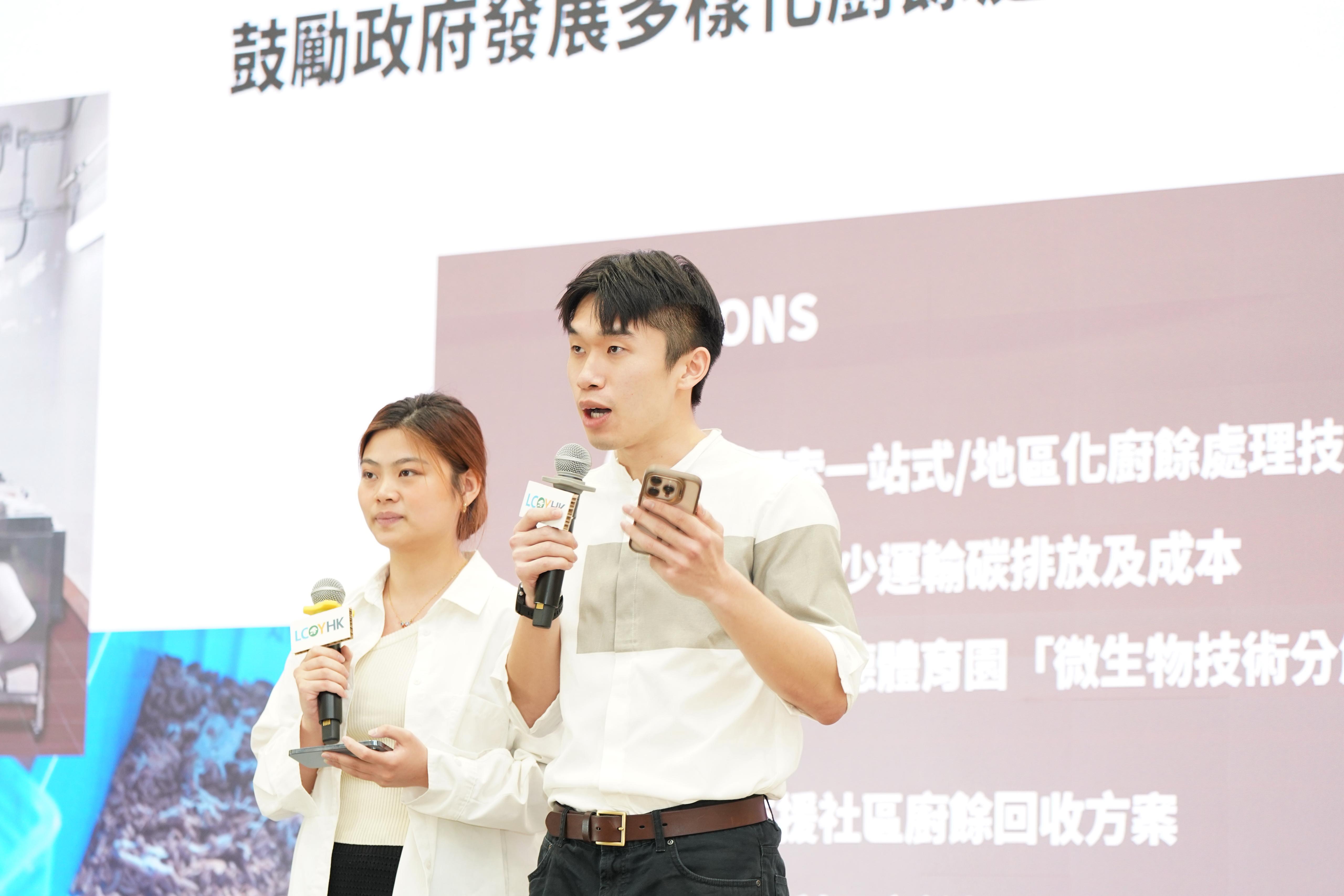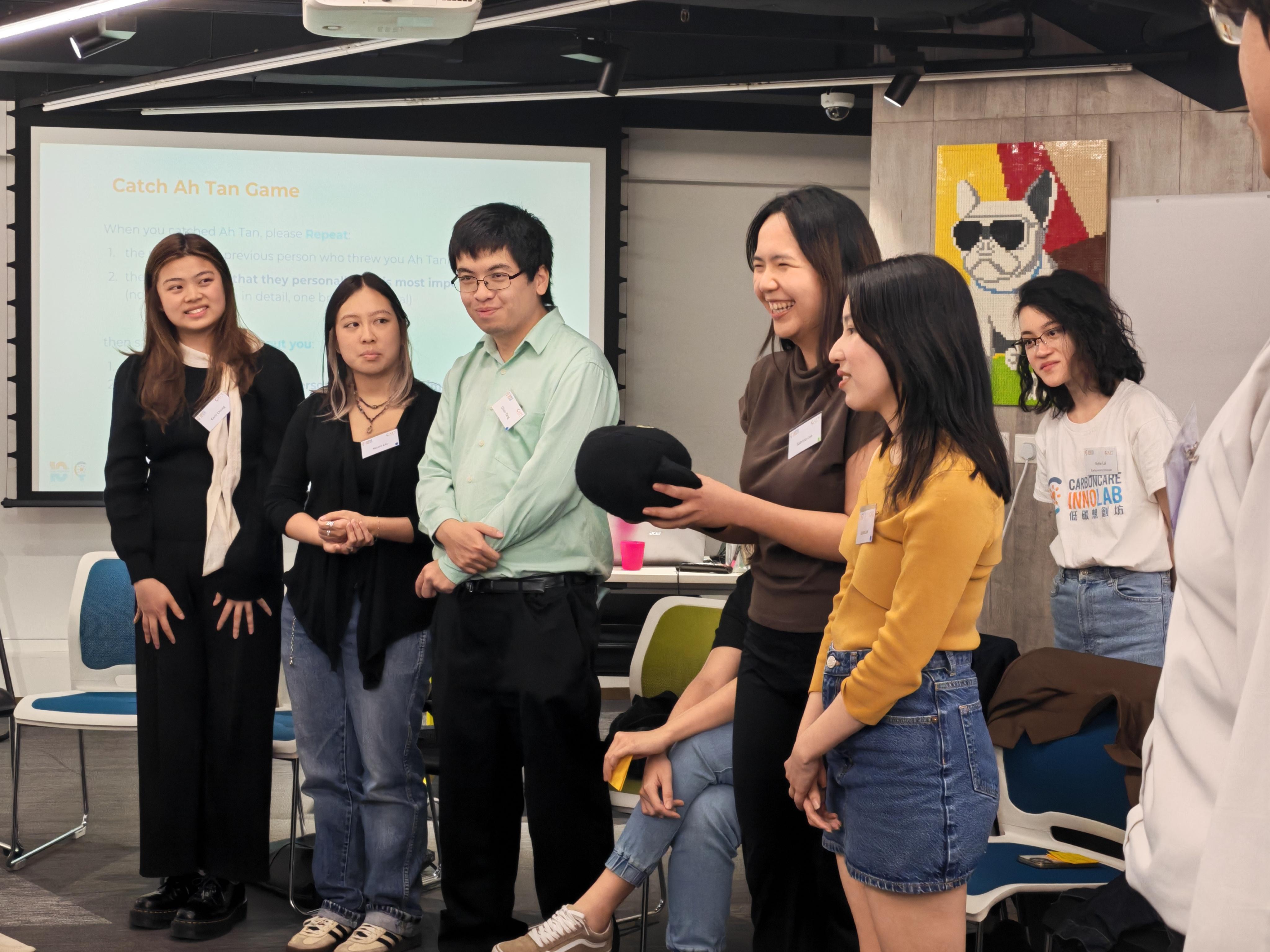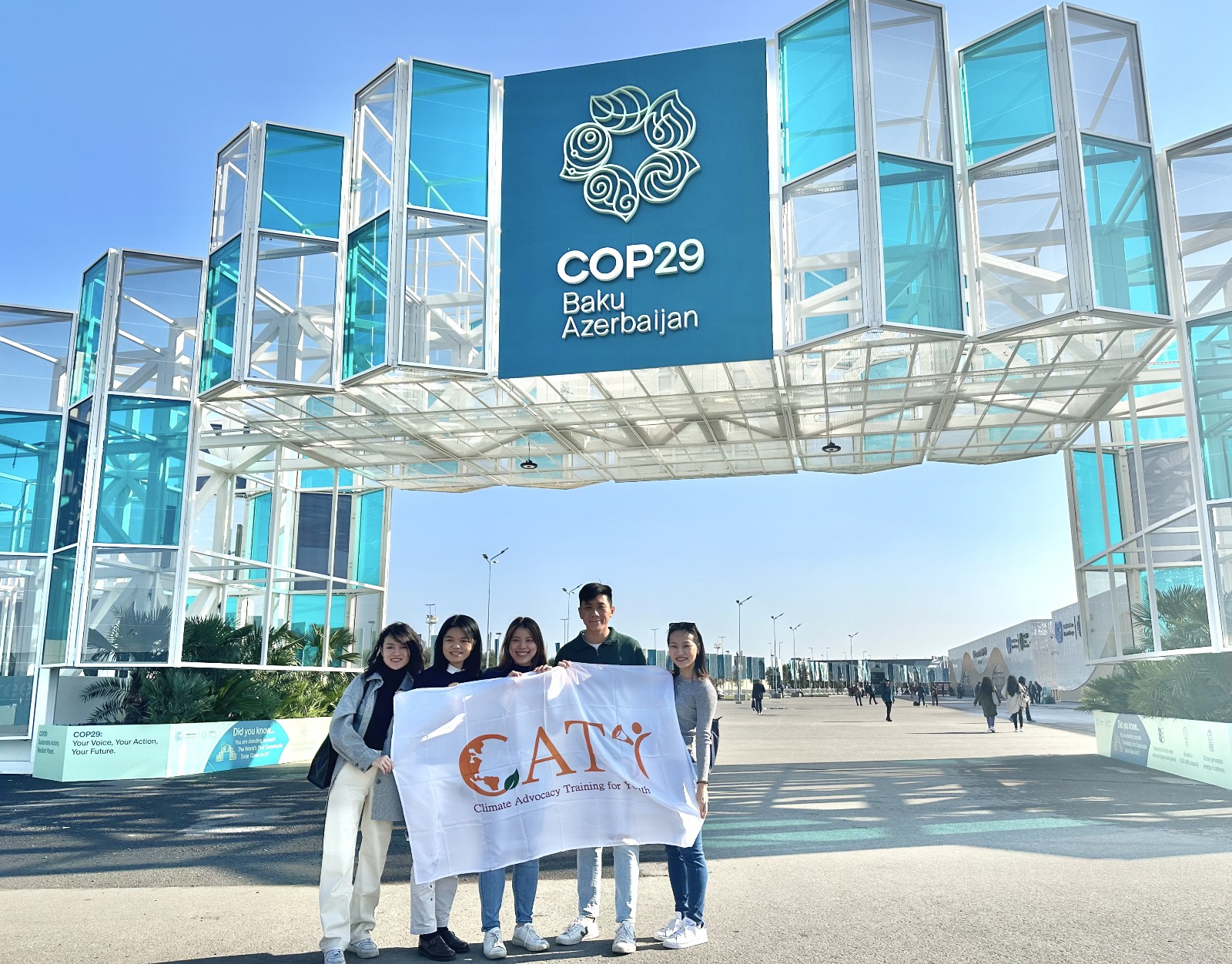City
Hong Kong
Main actors
City Government, Supranational / Intergovernmental Institutions, Private Sector, NGO / Philanthropy, Community / Citizen Group
Project area
Whole City/Administrative Region
Duration
Ongoing since 2019
Climate Advocacy Training for Youth (CATY) programme empowers urban youth in Hong Kong SAR of China to become the next generation of climate leaders by providing training, mentorship, and exposure to climate policy interventions and international negotiations on climate change, i.e. UN Climate Change Conference (COP). The programme offers platforms for youth to organize community projects, address climate change impacts on disadvantaged groups, and network with renowned local and international climate advocacy leaders. Additionally, the programme seeks to equip young people with the skills and knowledge to advocate for climate action and policy interventions and participate effectively in international conferences and negotiations on climate change, while also contributing to the global movement of youth-led climate action.
This is an abbreviated version of the original case study on the Urban SDG Knowledge Platform with information provided by CarbonCare Innolab.
On Map
The Map will be displayed after accepting cookie policy








